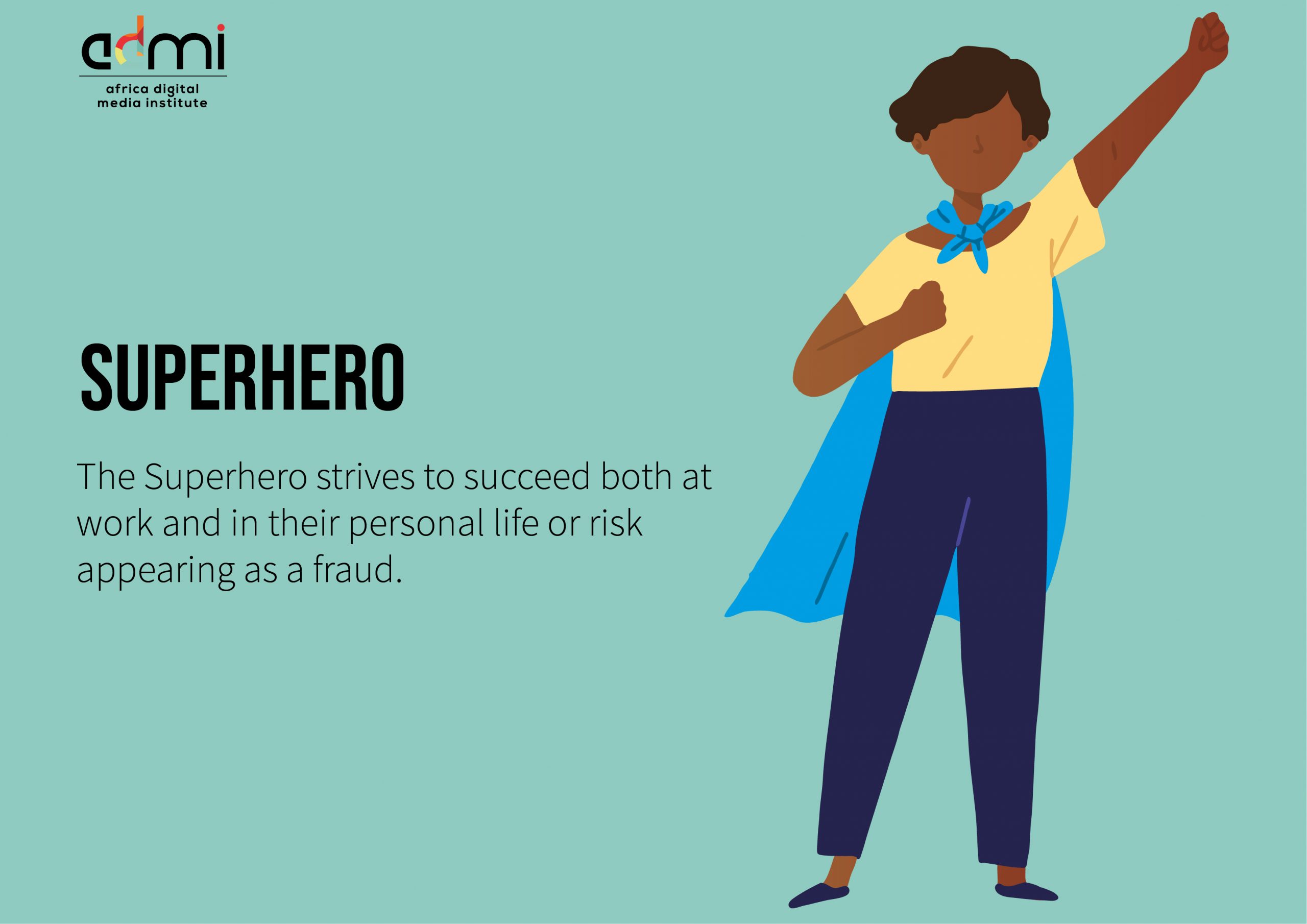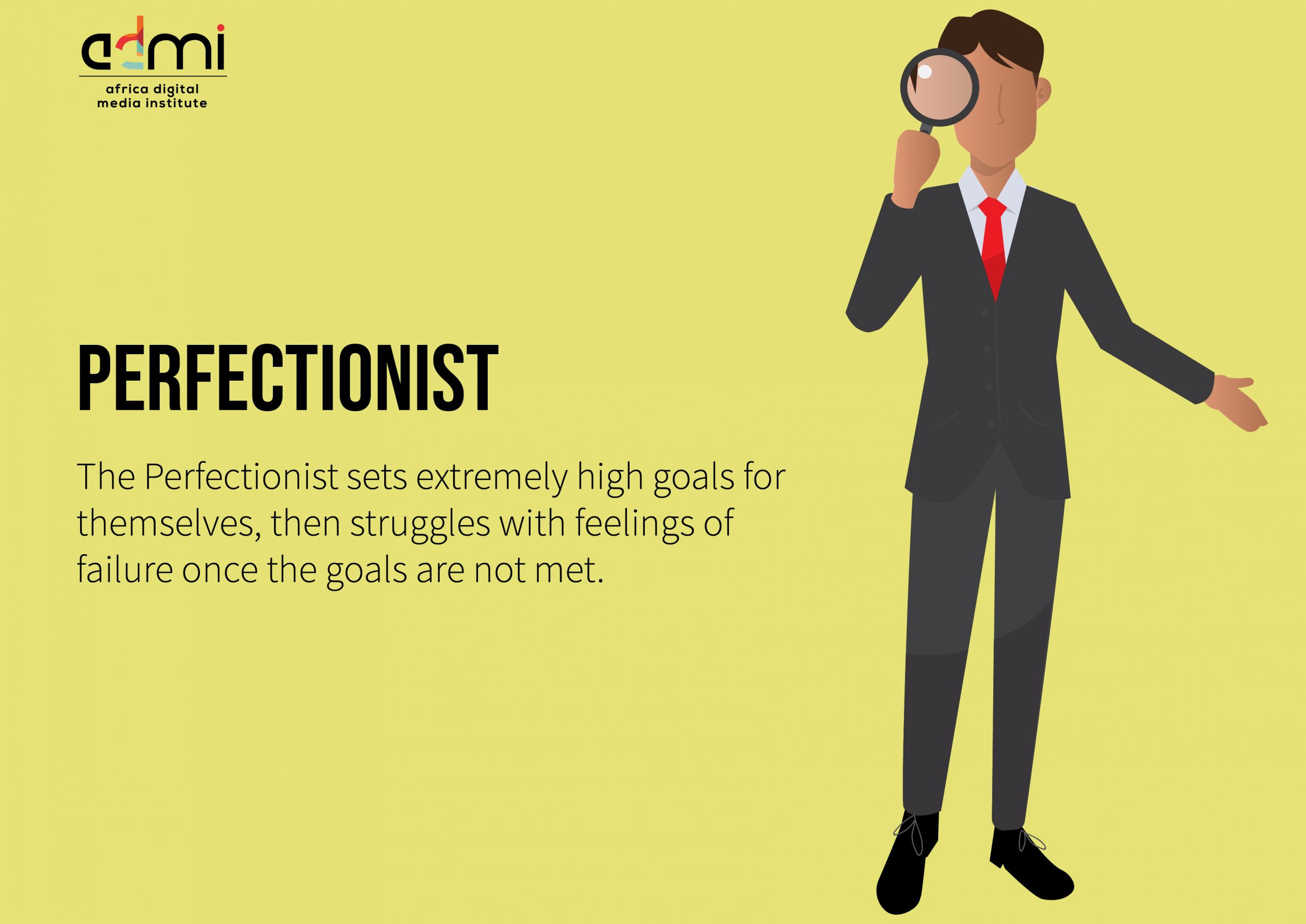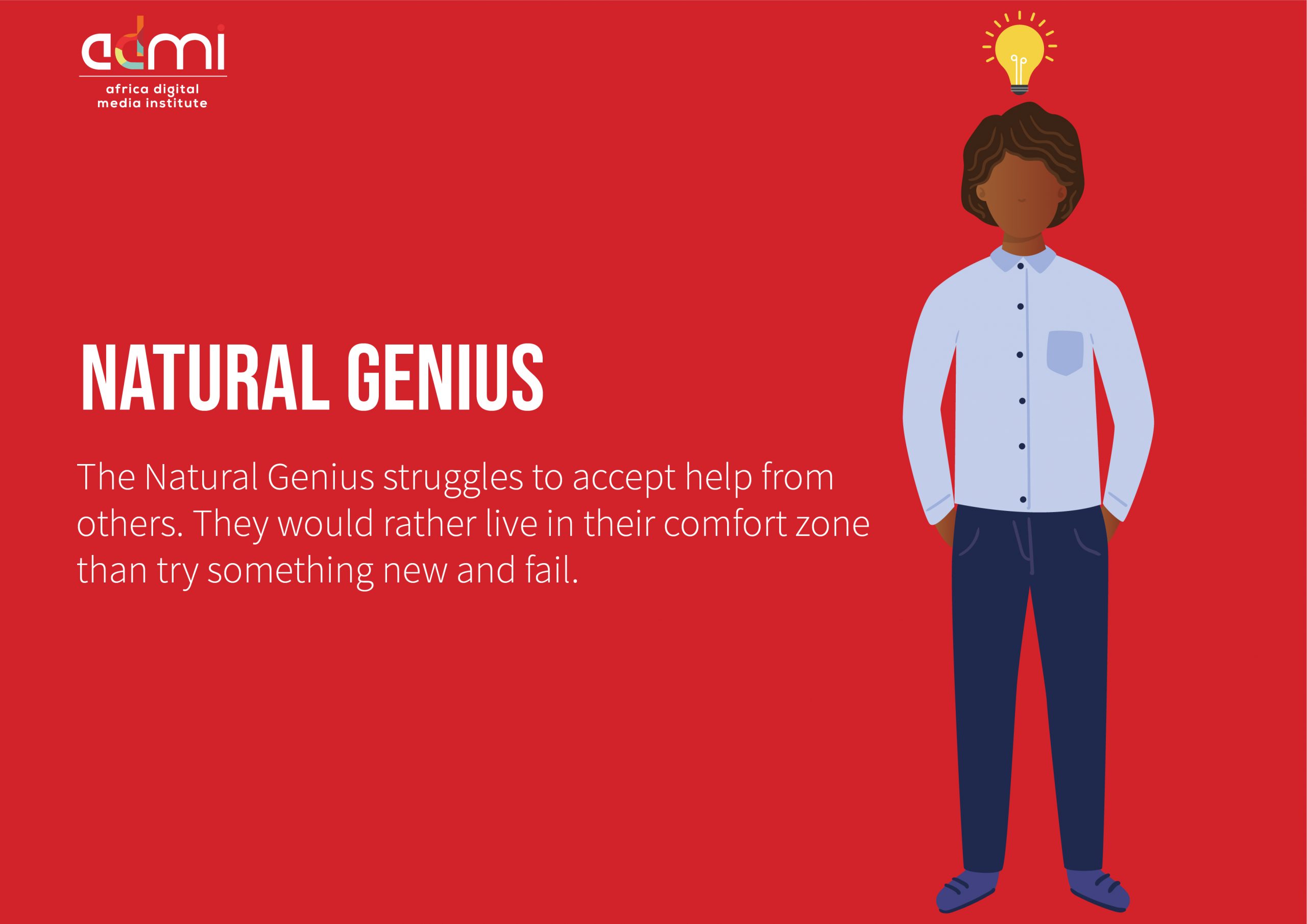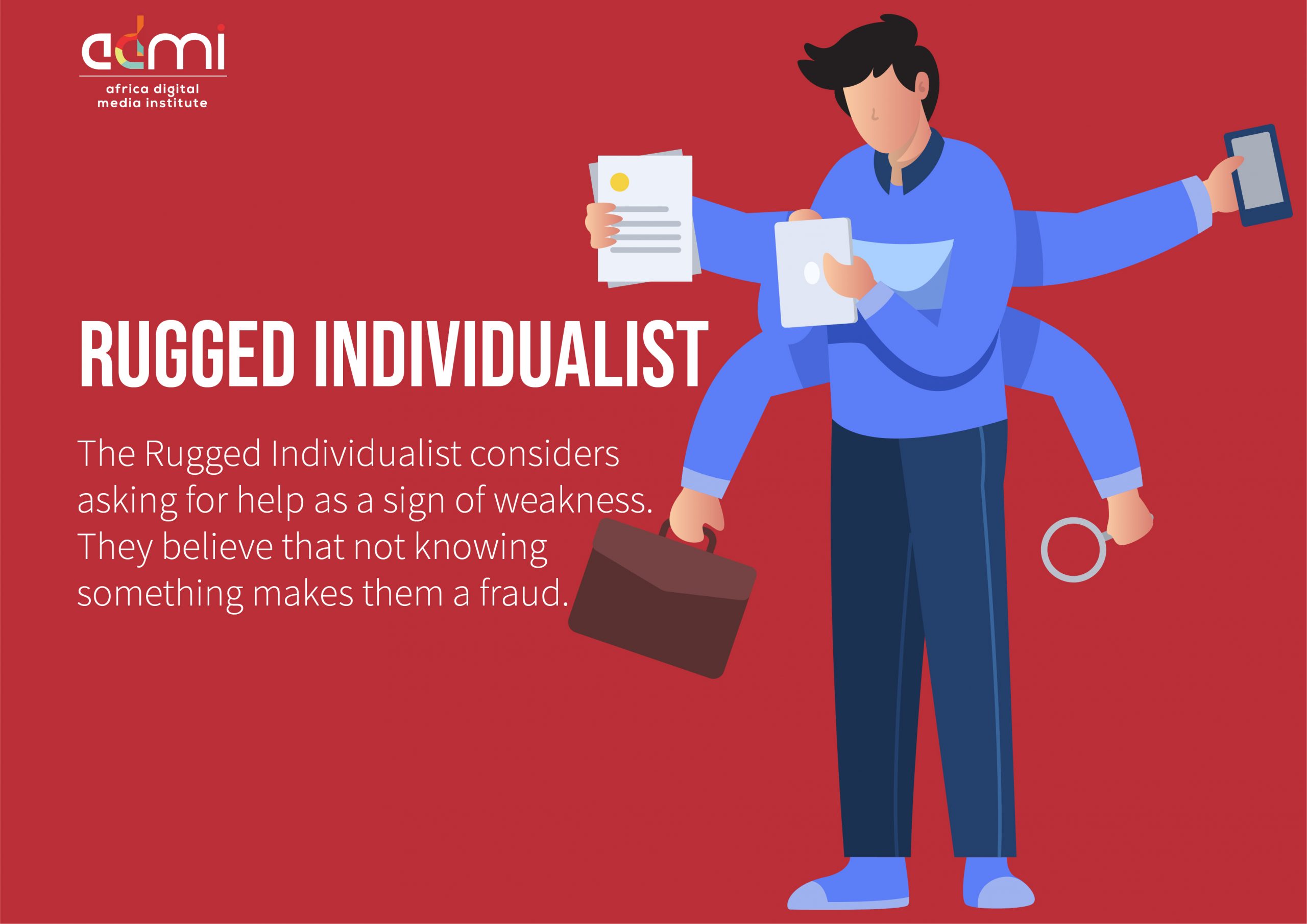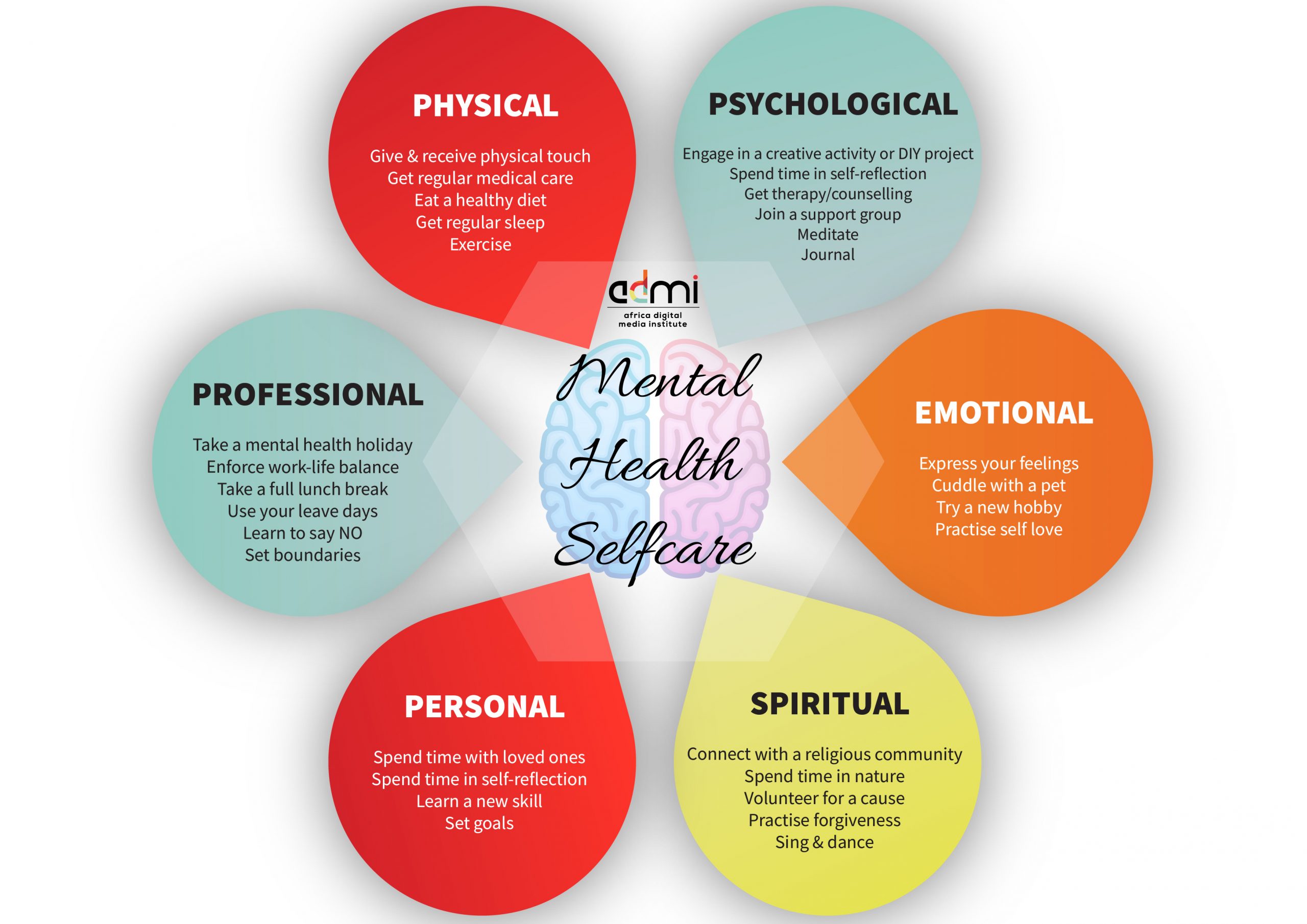Imposter syndrome is a phenomenon where one doubts their success and has a constant fear of being revealed as a “fraud”.
It’s normal as a creative to experience imposter syndrome and it’s usually an indication that you’re pushing yourself out of your comfort zone.
When you feel like an imposter, you may think that your success is a result of luck and not hard work. You may also feel as if you tricked people into thinking that you’re smarter than you actually are.
Approximately 70% of people experience imposter syndrome at some point in their lives.
Those in a creative field are even more likely to feel like an imposter no matter how many accolades they receive for their amazing work.
As an artist, it’s easy to doubt yourself when your best work is judged by subjective standards. You may find yourself working tirelessly on a masterpiece, trying to prove your worth.
And even when others praise your work, you may worry that someone who understands your creative field better may come and strip you of your achievements.
Living in constant fear of being found out can lead to stress and burnout. You’ll experience imposter syndrome as you continue to grow as a creative. That’s why you must identify the signs of imposter syndrome early and nip it in the bud.
What Does Imposter Syndrome Feel Like?
As a creative, imposter syndrome may manifest in the following ways:
- You may feel crippled by self-doubt
- When people congratulate you for your artwork, you may attribute it to luck or external factors instead of crediting yourself
- You may keep getting in your own way and sabotaging yourself
- You may compare your artwork to others and feel like yours isn’t good enough
- You may subject yourself to extremely high standards and berate yourself if you don’t attain them
What Are the Types of Imposter Syndrome?
The Expert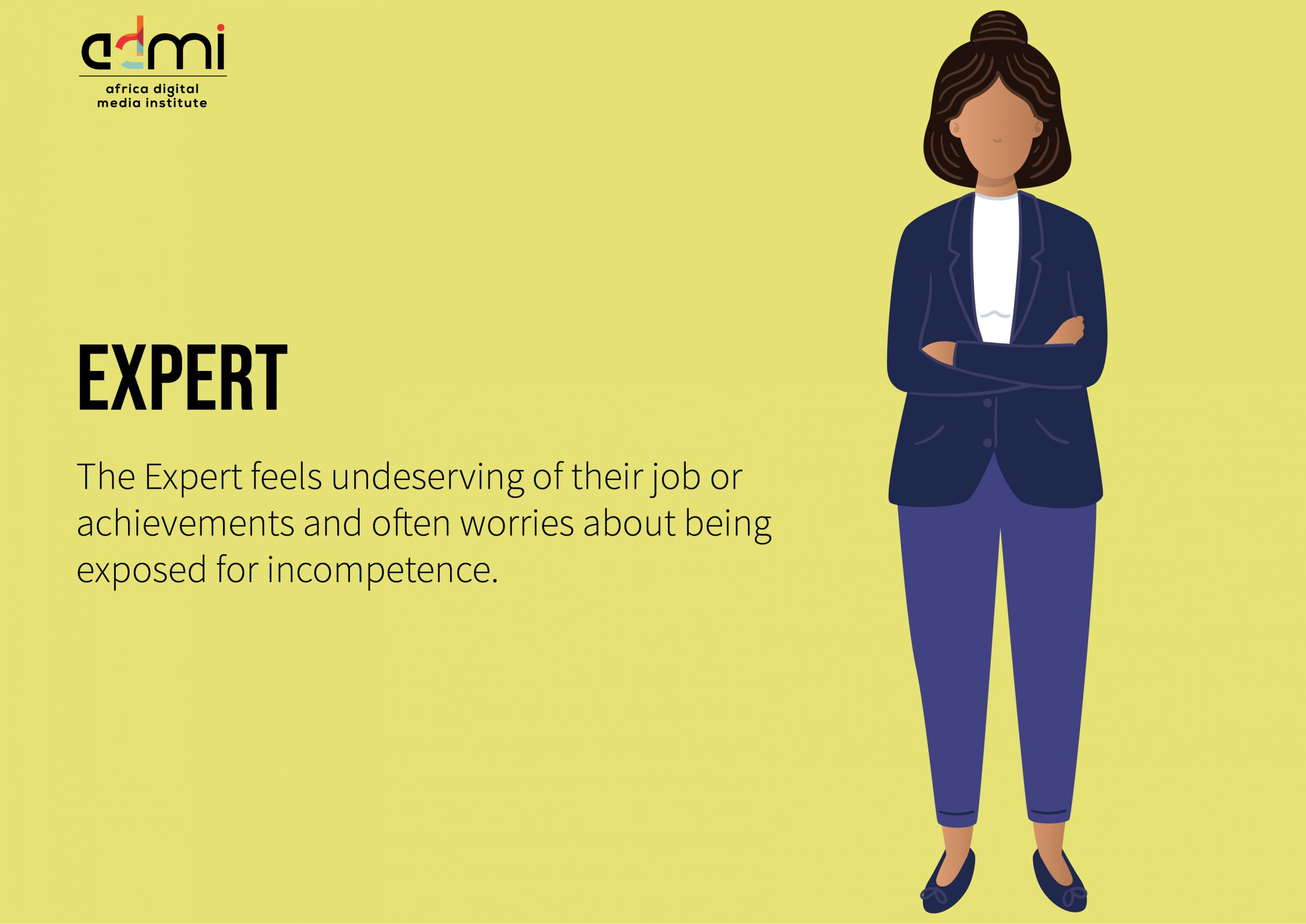
The Expert feels undeserving of their job or achievements. They worry that they may be exposed for being incompetent. In a class or at work, they may fail to speak up for fear of saying the wrong thing and sounding stupid. They may shy away from jobs and opportunities just because they don’t fit all the criteria.
Solution: Acknowledge that it’s impossible for humans to know everything. Look to your training and your skills and remember that you have the potential to do great. Make an effort to fill the skill gaps you have on the job while strengthening the areas you are already good at. Allow yourself to learn and make mistakes.
The Superhero
Superheroes push themselves past their limits in all aspects of their lives. Success at work is not enough, they must succeed in their personal lives as well or risk appearing as a fraud. They often obsess about work and failure even outside the workplace.
Solution: Find ways to constantly validate yourself especially when others fail to do this for you. Don’t beat yourself up. Find a hobby outside of work to engage your thoughts then work on achieving self-awareness.
The Perfectionist
Perfectionists set extremely high goals for themselves, sometimes even unattainable goals and then struggle with feelings of failure once the goals are not met. They have trouble delegating because others cannot “do it perfectly” and end up with a pile of pending tasks.
Solution: Actively recognize how far you have come – you may have failed in the past but failure is inevitable. Learn how to let go, delegate and get more work done. You might learn a thing or two! Every time you do not succeed, take the lesson from the experience. Introspect and make self-awareness a mission in order to understand how to set more realistic goals for yourself.
The Natural Genius
The Natural Genius struggles to accept help from others. They are reluctant to try new adventures and creative pursuits. They would rather live in their comfort zone than try something new and fail. When creating, they get discouraged easily if the task takes too much time and effort. They take this to mean that they’re not so creative after all.
Solution: Face challenges head-on and take failure as an opportunity to grow. Develop a beginner’s mindset even when you feel overconfident. Each situation has something new to teach you. And don’t forget to celebrate your wins.
The Rugged Individualist
The Rugged Individualist is usually afraid to ask for help because they think it makes them look weak. They view seeking help as a sign of weakness and think that not knowing makes them frauds.
Solution: Recognise that asking for help is not a reflection of your skills, in fact, it helps saves time. Admitting that you need a hand is a vital survival skill.
How Can You Overcome Imposter Syndrome?
Through introspection and self-awareness, you can overcome imposter syndrome. You have to identify the beliefs you hold about yourself and confront them. You can also try these mechanisms the next time you feel like an imposter.
Acknowledge the feelings as they appear – it is easier to solve a problem if you are aware it exists. Record the pattern of these thoughts, find out what triggers them and then proceed to work on rewiring your thoughts.
Rewire your thought process – take a more positive approach towards your trigger thoughts. Instead of branding yourself a failure because of one mistake, consider reminding yourself that failure is normal and the best way to learn.
Share your feelings with peers and mentors – Imposter syndrome is common and sharing your experience will help you realize that you are not alone. By discussing with your contemporaries, you can discover healthy coping mechanisms.
Be kinder to yourself – acknowledge your humanity. To err is human so you’re bound to miss the mark from time to time. When you do, show yourself compassion and learn from the experience. Similarly, when you get desired outcomes, pat yourself on the back and recognize the effort you put into the task.
Learn to internalise your success – Own your successes. When someone praises your work, don’t shrug it off, instead, accept the compliment with grace. Remind yourself that it’s your abilities, skills and hard work that helped you achieve your goals.


